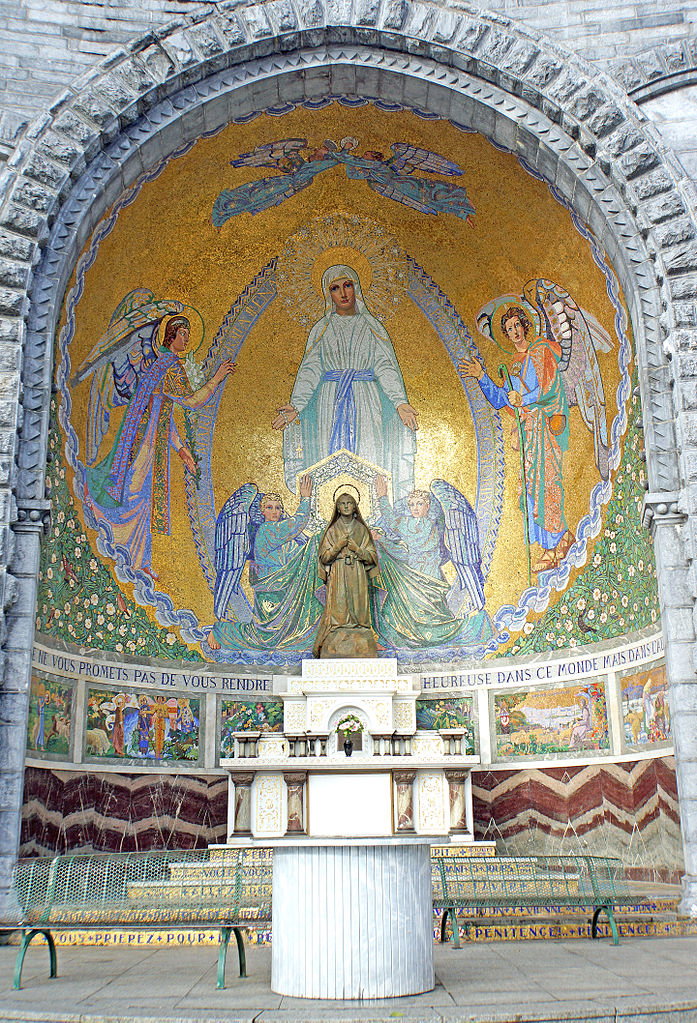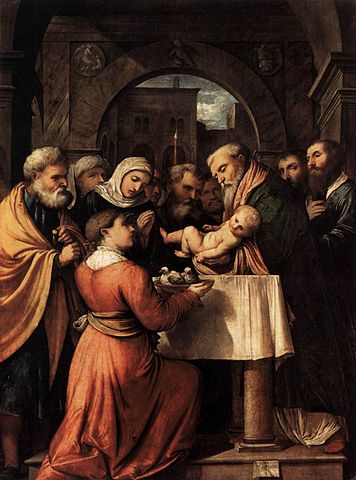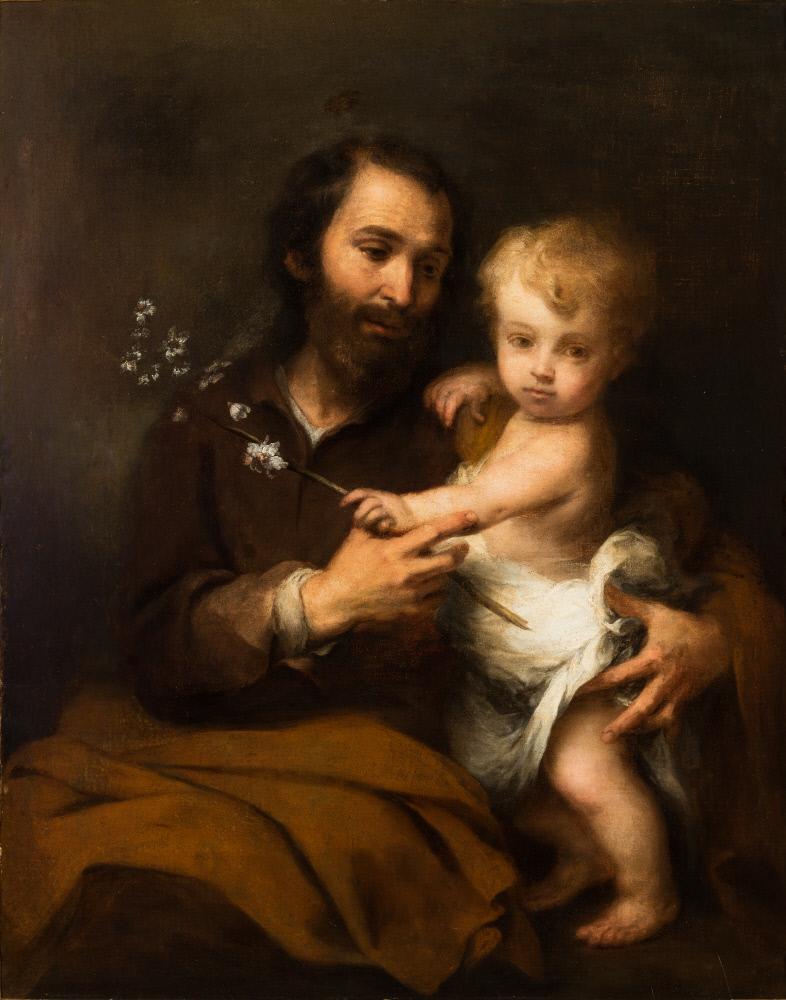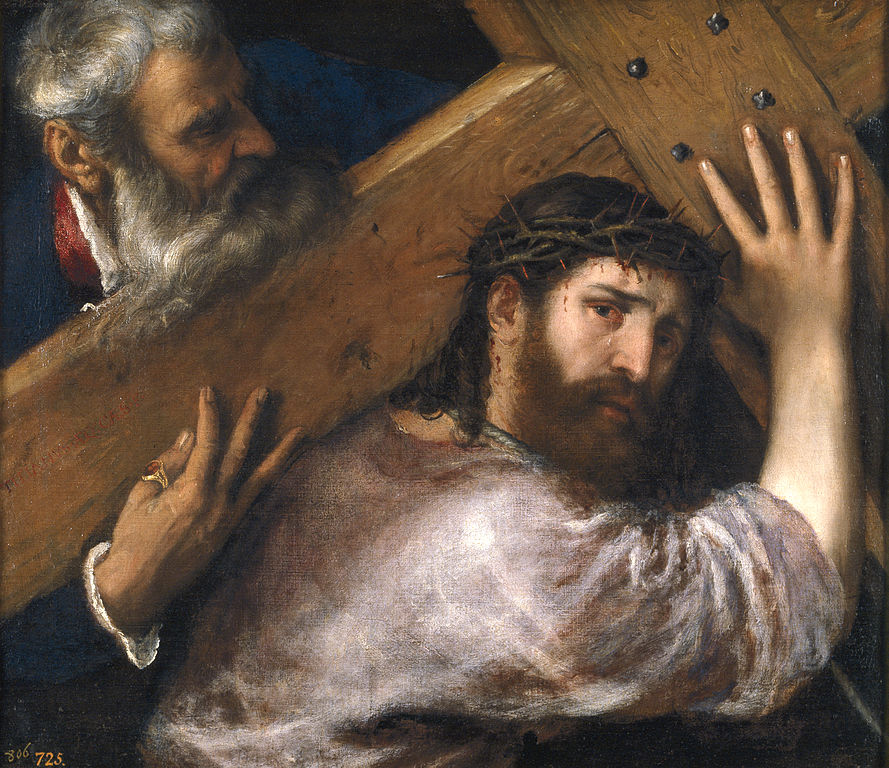
Photo by Anh Nguyen on Unsplash
By Monsignor Stephen Rossetti
I continued to be saddened by the number of people who suffer from mental torments (see Diary #164). I daily receive frantic emails from people who are at their wits end. They have been mentally tormented for years and are losing hope.
These mental obsessions typically begin with a “normal” psychological weakness: low self-esteem, depressive thinking, dark ruminations, anxiety and fear, frustrations and anger. However, Satan then takes advantage of this human weakness and exaggerates it. Our low self-esteem becomes self-hatred; our anxiety becomes despair; our dark rumination becomes suicidal ideation. What should have been a typical daily irritant now becomes a full blown crisis.
Satan’s denigrating messages to us center around six common themes (see Diary #156): “You are a terrible person”, “There is no hope for you”, “God doesn’t care about you”, “This torment will never end”, “You are going to hell”, “You should kill yourself.”
These demonic obsessions are doubly dangerous because Satan is usually able to hide behind a person’s psychic flaws. Individuals do not realize the demonic source and thus they are even more convinced of their hopeless wretchedness. They may sink further into despair.
I do not have a quick fix. Real progress is gradual. But I pass on the kinds of interventions we are giving to those in our ministry. Individuals can choose a combination of those which they find most helpful…
+Recognize the true source of your mental torments. Yes, you have underlying psychological weaknesses which makes you vulnerable to these negative ruminations. But Satan is tormenting you with them. Once people can recognize the action of the Evil One, they may feel less culpable and more emotionally distant from them.
+Let them come….and let them go. Many people find it difficult just to stop these mental obsessions. In fact, the more one tries to stop them, the stronger they often become. Rather, offer no resistance. Let them come in one ear, and let them go out the other ear. Try not to latch onto them. As one Saint said when seeing Satan at the foot of her bed, “Oh, it’s only you.”
+Breathe and relax. Our bodies tense up when we are stressed. Take long, slow deep breaths. Inhale slowly, exhale slowly. Breathe deeply. Exercise the body by walking or whatever exercise works for you. When the body relaxes, it helps the mind relax.
+Close the door to the demonic. Satan is taking advantage of a psychological weakness. There are hurts and traumas from the past which have given rise to this weakness. Seek to heal these inner psychic wounds. Psychotherapy, healing prayers, spiritual direction, rituals of forgiveness, and the sacraments can all be sources of inner healing.
+Deliverance prayers focused on the particular torment. For example, if the person suffers from self-hatred, then say often, “In the holy name of Jesus, I renounce the evil spirit of self-hatred and command it to leave me.” Or if the problem is anger: “In the holy name of Jesus, I renounce the evil spirit of anger and command it to leave me.”
+Turn to Jesus- repeatedly. Regularly using short exclamatory prayers can help focus the mind on Jesus. Typical prayers are: “Jesus I trust in you” or “Jesus, Son of David, have mercy on me a sinner” or “Jesus, Mary” or another short holy prayer of your own choosing.
+Offer your suffering for others. We all have our own sufferings. Some people have great physical sufferings. You have great mental sufferings. These mental torments, when given to Jesus in faith, can be a source of grace for others, and for you.
+Be at peace. You are flawed and broken. You are suffering. It is okay! That is precisely why the Son of God became flesh. He died for your sins. You will not save yourself; you will never be without suffering in this life. Trust in Jesus; he will save you.
This blog was originally published at he St. Michael Center for Spiritual Renewal and is reprinted here with their kind permission.



















